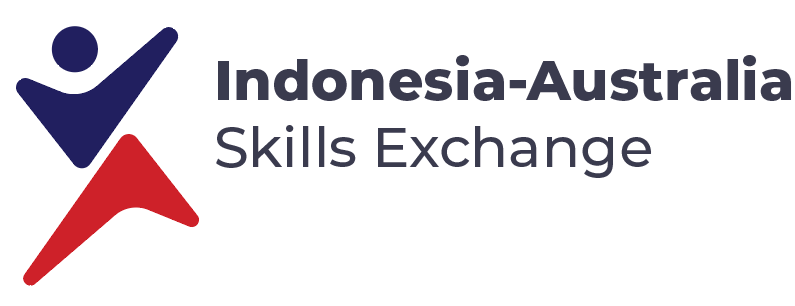
About the Skills Exchange
The Indonesia-Australia Skills Exchange is an online platform facilitating business matching between Australian educators and Indonesian industry, aimed at improving skills development in Indonesia.
Commercial opportunity
The Indonesian Government, as well as industry, have expressed frustration at the challenges around skills shortages and labour productivity. Consequently, high-quality skills development activities for employees are prioritised by Indonesian industry to address skill gaps. Australia is well-positioned to provide support to Indonesia to address skills gaps due to Australia’s highly regarded vocational education system and deep connections with industry.
Through IA-CEPA, Australian education providers are permitted to deliver course content in Indonesia and/or establish a presence in-country. They can deliver both accredited and non-accredited course content in a range of sectors, such as; tourism, health, IT, business, and agriculture. The Skills Exchange will leverage the IA-CEPA agreement to pursue commercial benefits for both countries.
